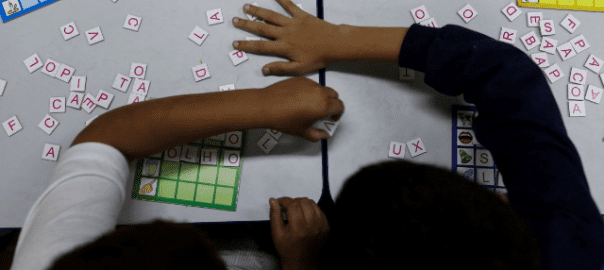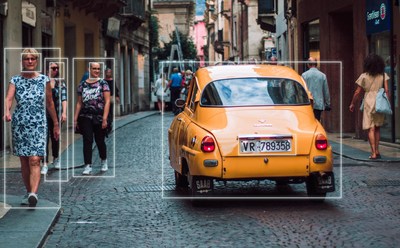Jan. 7, 2025 /Mpelembe Media/ — The Prism Project’s report on the biometric digital identity market projects a $315 billion revenue opportunity by 2024, driven by increasing adoption across various sectors. Key findings highlight significant growth in biometric and digital identity transactions globally, alongside challenges and opportunities within the industry.
Continue reading
Tag Archives: Biometrics
Facial recognition in Brazil: absent students and racial bias
|
By Diana Baptista | Data Journalist A facial recognition system used in schools in Brazil is being scrutinised by digital rights groups, who have denounced the expansion of so-called techno control in the country. Continue reading |
ID of 93 million Nigerians at risk in landmark election
- Facial recognition and fingerprints needed to cast votes
- Privacy experts fear mass breach of Nigerians’ identity
- Aim is to root out widespread electoral fraud
LAGOS – Africa’s biggest electorate votes on Saturday in a poll that experts fear could unleash a mass breach of privacy as Nigerians relinquish reams of personal data to cast their vote.
Continue reading
Neurotechnology Announces the Release of SentiVeillance Cluster, Ready-to-Use Software for Surveillance Systems with Clustered Architecture Implementation for Smart-city-scale Projects
Neurotechnology, a provider of deep learning-based solutions and high-precision biometric identification technologies, today announced the release of SentiVeillance Cluster for real-time biometric face identification, tracking of people and vehicles and automatic vehicle license plate recognition. The solution has been designed for expansive surveillance systems supporting continuous video streams from multiple servers. It provides operators with structured and sorted live data, enabling faster decision-making in a variety of scenarios, including law enforcement, security and smart city monitoring applications. Continue reading
Facial recognition: An ethical policing tool?
By Samuel Woodhams | Digital rights researcher and journalist
| Facial recognition technology made headlines again last month as researchers at the University of Cambridge, UK said that the UK police’s use of the technology was unethical and potentially unlawful. The report from the Minderoo Centre for Technology and Democracy urged police to stop using live facial recognition (LFR) in public spaces and said trials by the Metropolitan Police and South Wales Police failed to meet the “minimum legal and ethical standards.” Continue reading |





